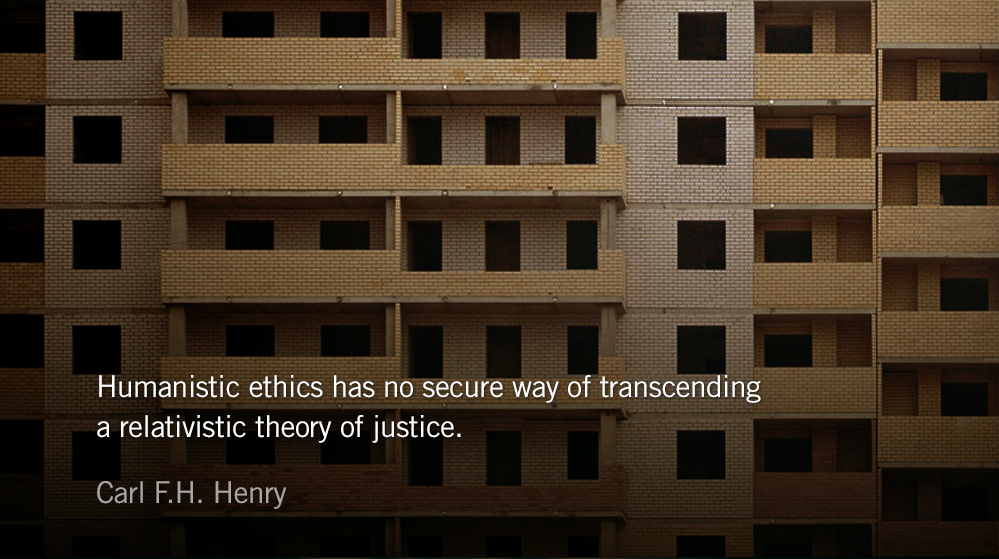Mark 7.8
[Jesus said,] “You have let go of the commands of God and are holding on to human traditions.”
A large percentage of the traditions Jesus faulted were instituted or significantly amended during the 400 years between the end of the composition of the Old Testament and the events which fill the first pages of the New Testament.
During this time, referred to by theologians as the intertestamental period, volumes were written to explain and develop spiritual concepts. Systems for temple worship were reestablished and cemented into daily life. Theological orders were instituted under various groups, including the Sadducees and Pharisees.
When the Messiah arrived, despite all their traditions, many of the faithful missed him.
Christianity has had five times as many years since the composition of the New Testament as ancient Judaism had during the intertestamental period. We have largely invested in the same things.
Volumes have been written—NPR reported Christian publishing is a 1.4 billion dollar market. Daily worship rhythms have been developed and practiced, formally through the Daily Office or informally through a ‘quiet time’. Theological orders have been established.
Like the faithful before Jesus’ birth, we too expect our traditions to help us see God better. But even the ideal tradition can be used to veil Christ rather than reveal him.
At their best, traditions give historic root to modern practice. Jesus doesn’t condemn tradition in Mark 7. Instead, Jesus rebukes the sin of leveraging tradition to replace the hard work of active faith. When a tradition replaces faith the tradition itself becomes the object of worship.
When the book of Deuteronomy denounces idolatry it says, “You shall not worship the Lord your God in that way.” It’s possible to worship God through our idols. An idol isn’t just a token representing another god, it’s anything we exploit to soften the grace and truth of Christ in our lives.
The Pharisees in this passage wield their traditions to justify less grace toward others. We may manipulate ours to foster less trust in God. Either way, the idolatry of tradition causes the faithful to fall short of intimacy with Christ.
Prayer
Father, thank you for the traditions of the faithful who have walked before us. Help us to preach the gospel to ourselves daily. Search our hearts and reveal everything they do to remove faith in you and replace it with faith in ourselves. Cultivate our souls to know, trust, and love you.
Today’s Readings
Genesis 37 (Listen – 4:56)
Mark 7 (Listen – 4:28)









